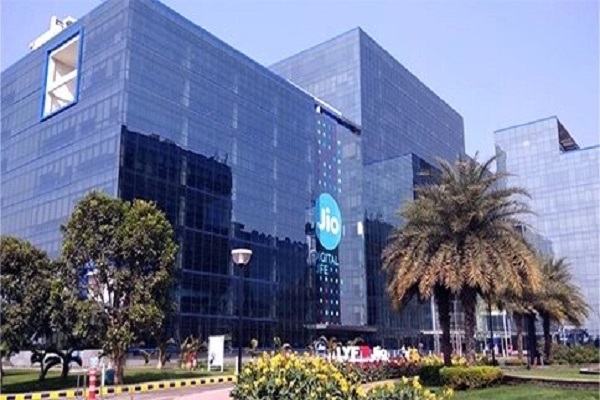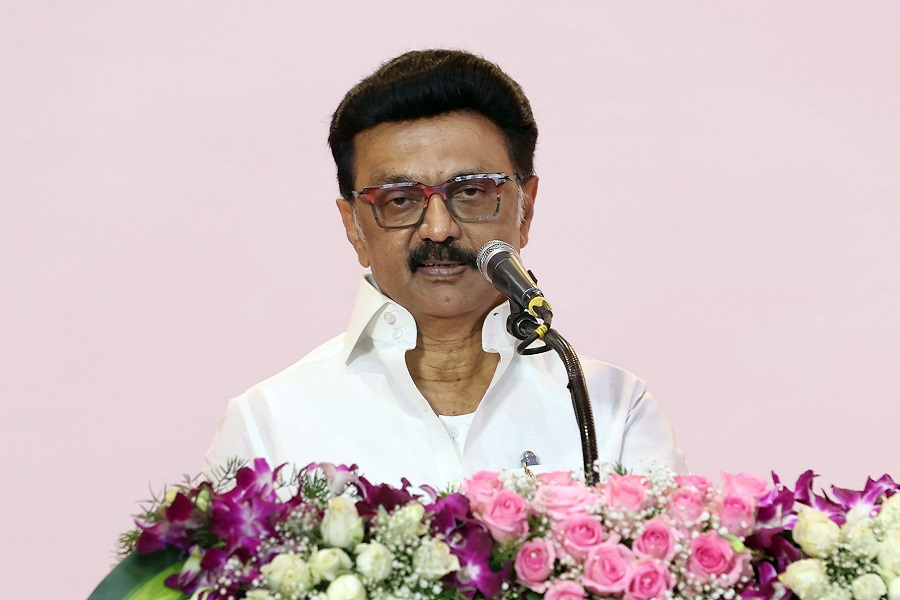India launches report on priority corridors for zero-emission trucking

The Office of the Principal Scientific Adviser (PSA) has released a report highlighting India’s priority corridors for zero-emission trucking.
The report outlines 10 critical highway corridors across the country that offer the highest potential for adopting zero-emission trucks (ZETs). It aims to catalyse a national transition towards a cleaner, more sustainable freight movement.
"By strategically targeting these corridors, India can accelerate its transition to a zero-emission freight sector while boosting competitiveness and resilience," the Office of the PSA said.
Developed with the support of the Centre of Excellence for Zero Emission Trucking (CoEZET) -- IIT Madras, Rocky Mountain Institute, and pManifold as knowledge partners, the report was released by Prof. Ajay Kumar Sood, Principal Scientific Adviser (PSA) in the national capital.
The insights provided are expected to guide future investments in charging infrastructure, public-private partnerships, and regulatory support mechanisms.
The top 10 corridors for Zero-Emission Trucking (ZET) in India were identified through a three-phase process: quantitative and qualitative assessment of an initial list of 230 corridors.
Parameters such as toll traffic data and mapping of supply/demand centres, stakeholder consultations, and detailed field research were used to assess and shortlist the top 10 corridors.
In addition, factors such as high freight traffic, industrial activity, availability of ancillary services, grid infrastructure readiness, corridor length relative to battery range, and strategic stakeholder inputs for commercial and business viability were also taken into account while finalising the corridors.
The report highlights that nearly 40 per cent of fuel consumption and transport emissions in India originate from long-distance trucks.
As a result, the adoption of ZETs is crucial for decarbonising the logistics sector, reducing air pollution, and strengthening India’s energy security.
The report identifies the top 10 high-impact corridors most suited for early ZET deployment, laying the groundwork for a dedicated national ZET infrastructure network.
Pivotal analysis under the report will not only further boost this shift but will also serve as a strategic guide for policymakers and industry actors with comprehensive insight into the three-part corridor identification process.
This report can also serve as a reference for the PM E-DRIVE scheme, launched in 2024 at a total cost of Rs 500 by the Ministry of Heavy Industries, to promote the adoption of ZET solutions.




















